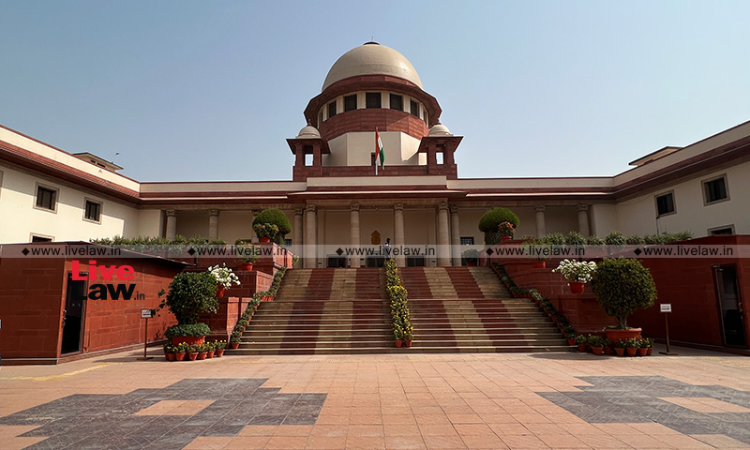Supreme Court Stays Centre's Orders Which Allowed Ex Post Facto Environmental Clearance
Awstika Das
5 Jan 2024 9:04 PM IST

Next Story
5 Jan 2024 9:04 PM IST
In a significant development this week, the Supreme Court suspended two union government orders from July 2021 and January 2022 for ex-post facto clearance for mining projects without the prior environmental clearance mandated under the 2006 Environment Impact Assessment (EIA) notification. The interim order was passed by a division bench of Justices BR Gavai and Sandeep Mehta in a...
